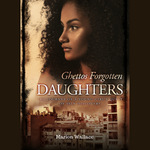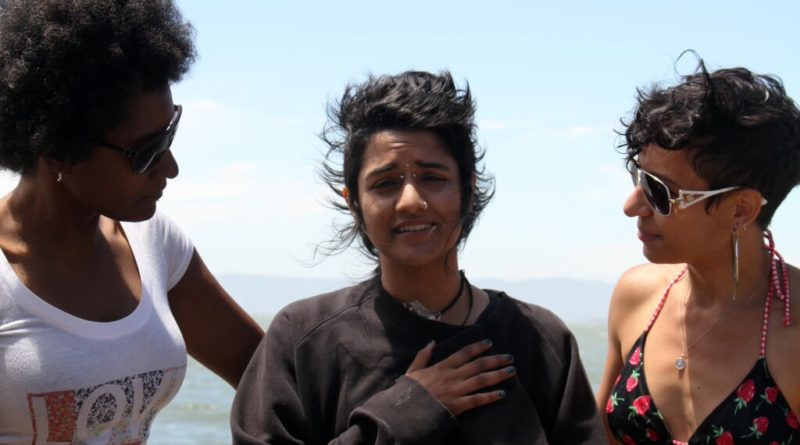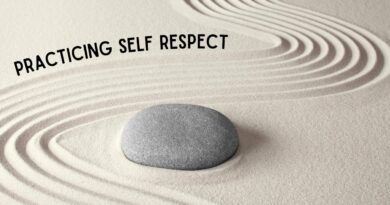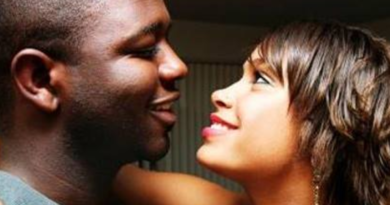Start Healing From Trauma Right Now
6 Steps You Can Take To Start Healing From Trauma Right Now
July 30, 2016 | Courtesy of Black Girl Dangerous | by Carmen Leah Ascencio
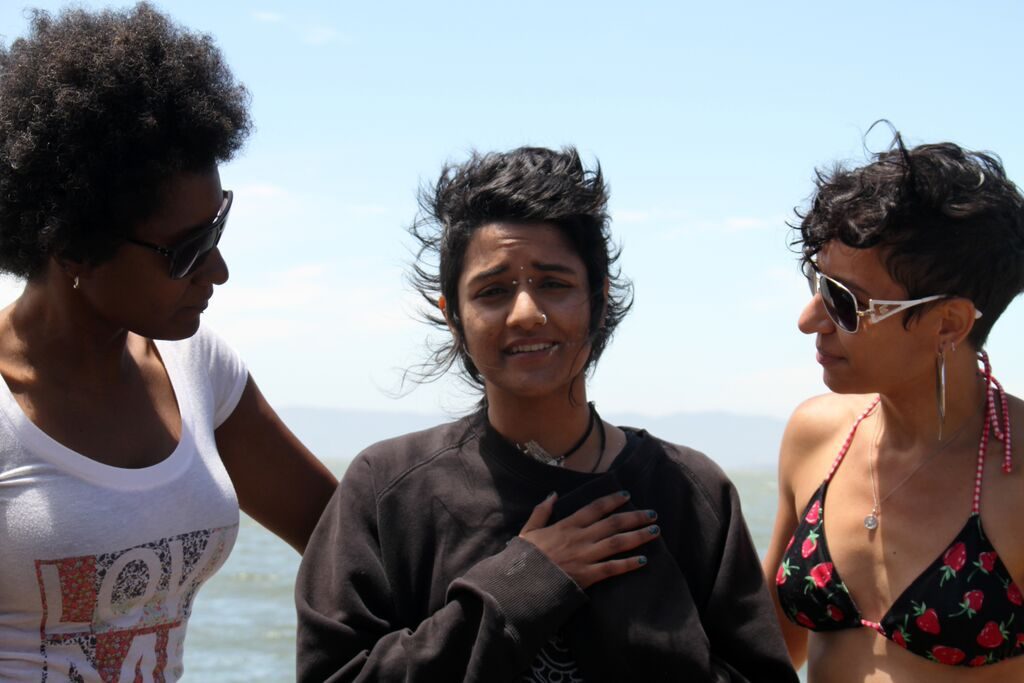

photo by Amira Alhassan
Start Healing From Trauma Right Now ~ Growing up, I thought that experiencing violence or abuse was practically inevitable if you were a poor woman or girl, or if you were a person of color. This impression came from the fact that most of the women, girls, and people of color I knew had experienced violence or abuse. My mom went to great lengths to make sure that I was protected from violence, always making sure I was by her side, explaining to me the difference between “good touch” and “bad touch”, putting me in martial arts classes, encouraging me to fight back if anyone bothered me, and sharing her experiences of violence and abuse with me so that I would be aware of any possible danger. I grew up thinking that at some point, I too would have to face violence, and remained bewildered when, by my 20’s, I had not.
People I work with often ask me if I am a survivor. I’m not. I came to care deeply about survivors of violence and abuse, and became very curious about what helped people heal, because so many of the people I loved were survivors and because I was keenly aware of the large scale impact that trauma could have on a community’s well-being. I not only cared deeply about the survivors I loved, but also admired their resilience and resourcefulness in finding ways to heal. Understanding resilience and healing became central to the work I did as a therapist and advocate with survivors of war, sexual violence, partner abuse, commercial sexual exploitation, and hate crimes. Working with survivors has taught me that there are 6 foundational steps to begin the journey of recovery from trauma.
1. Recognize that there is nothing wrong with you.
No matter how you have dealt with trauma so far, no matter how distressed you might feel, there is nothing wrong with you. What is wrong is what happened to you. Many survivors of violence feel shame and self-blame for not being able to protect themselves or their loved ones in the face of violence or abuse. Or feel ashamed for having debilitating distress long after the traumatic event is over. This shame and blame belongs to the perpetrator of the violence and the systems that cultivate this violence, not those victimized by the violence. Keep the shame where it belongs. It is not yours to carry. Our society diagnoses survivors of trauma as mentally ill, when it is their social conditions and the horrifying things that happen to people that are the real disorders. This does not mean that you don’t need help or don’t have mental health challenges because of trauma. But the cause of your condition does not reside within you.
Get your signed copy of Ghettos Forgotten Daughters!
2. Learn about common reactions to trauma.
Understanding common reactions to trauma can help you identify when you need help and also help you remember that you are having a normal reaction to a traumatic event so that other people can’t make you feel abnormal or broken because of your very normal reaction (and so you don’t make yourself feel this way). A good plain English overview of common trauma reactions can be found here. Understanding what you are going through is essential to reducing the stigma and harsh self-judgment that many survivors experience.
3. Know that trauma is remembered in the body, which means that you’ll have to do more than talk it out to heal.
Part of what is most difficult in recovering from trauma is the way our brain records and stores memories about trauma. Survivors not only have to contend with the negative stories they have internalized about themselves because of something bad that someone else did to them, but they also have to deal with their brains and nervous systems not being able to understand when they are in danger and when they are not. People who have experienced violence or abuse don’t remember traumatic events; they re-experience them. Traumatic memories are stored in the part of the brain responsible for human emotions and the fight or flight response. When a traumatic memory surfaces, the parts of the brain linked to emotions and physical functioning are stimulated, causing survivors to feel like the traumatic event is happening in the present rather than like it is something in the past.
If the trigger happens in the body, any helpful intervention must also happen there. There are numerous physical practices that can help rewire your brain to help calm the alarm that your survival brain is sounding. These practices include yoga, martial arts, dance, somatic therapy, specialized bodywork, and physical exercise, among other things. Anything that gets you to befriend your breath and body with awareness when you are triggered will help.
4. Identify what makes you feel safe and stable and do those things.
Trauma takes way one’s safety, choice and control, so the re-establishment of these things is necessary before healing can take place. Of course, this is difficult when we live in an insecure world and know that absolute safety is impossible. Yet this also does not mean that no safety can be found. In order to heal, survivors must identify what choices and control they do have that increase their sense of safety. What makes you feel comforted, secure and stable? Make a list of these things and proactively practice them every day.
5. Connect with others.
Trauma causes people to feel different, other and alienated. Considering that an estimated 70 percent of adults in the U.S. have experienced a traumatic event at least once in their lives, and up to 20 percent of these people develop Posttraumatic Stress Disorder, it’s important to recognize that you are not the only one, even if it feels like that. Because trauma makes one feel isolated, getting connected to others is essential to healing. It might feel like too much to talk about your trauma with other survivors, and that’s ok. If this is the case for you, who else can you connect with? Who feels safe or non-judgmental? While it’s sometimes necessary to take rest and refuge alone, this can quickly become an ineffective coping mechanism for dealing with trauma. Also, you don’t have to share the details of your trauma to connect with others. You can focus on what you are feeling and ask for specific things that you need.
6. Know that what happened to you does not mean anything about you.
What happened to you was horrible and unacceptable AND it didn’t mean anything about you, no matter what the perpetrator may have said. Violence and abuse are about the perpetrator and the social conditions that foster a culture of power and domination. It is not about who you are. It doesn’t mean you are weak or less than or any of the other lies that perpetrators may have told you. You get to choose how to view what happened, so notice what view you have and whether or not it supports your healing. If it doesn’t, consider giving up this view for one that does support your healing. The only absolute truth is that it happened. How you make meaning of what happened (or perhaps choose not to make any meaning of it at all) is central your ability to heal.
The journey to heal from trauma is a long one. Some say, life long. And what survivors have taught me more than anything is that people heal, people are resilient and people are capable of much more than they can imagine when they choose to take their first step towards healing.
